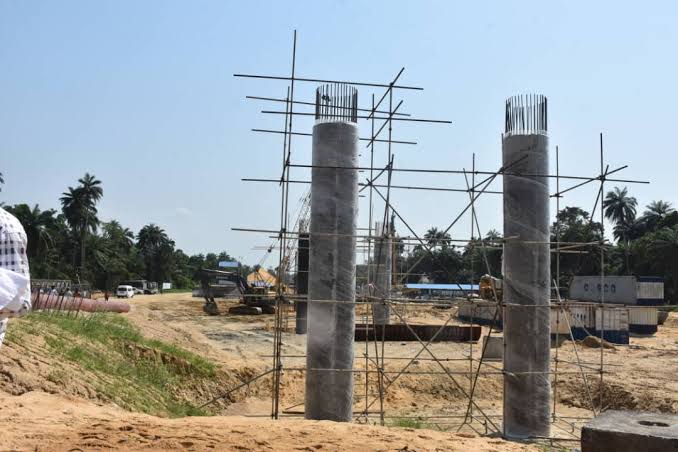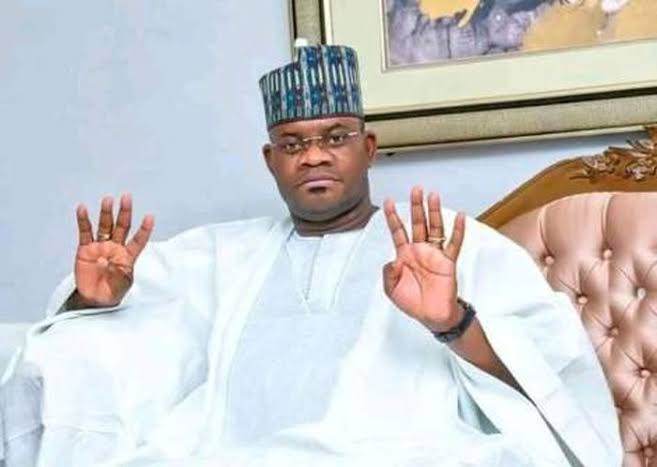By: Goodluck E. Adubazi, Abuja.
The National Pension Commission (PenCom) has disclosed that, as of September 2025, only four licensed Closed Pension Fund Administrators (CPFAs) remain operational in Nigeria, collectively managing pension assets valued at over ₦2.71 trillion.
PenCom’s Director-General, Mrs. Omolola Oloworaran, made the revelation during the 2025 PENGASSAN Pension Summit in Abuja, explaining that the reduction from seven to four CPFAs was not indicative of weakness in the system.
According to her, the consolidation reflects growing confidence in the Open Pension Fund Administrators (PFAs), as several corporations have chosen to hand over their pension schemes to PFAs while concentrating on their core business operations.
She added that the development underscores the strength, credibility, and evolving structure of Nigeria’s pension industry, which continues to attract trust from corporate entities and workers alike.
Speaking at the 2025 PENGASSAN Pension Summit with the theme “The Future of Pensions in the Oil and Gas Industry,” held on Thursday, November 13, 2025, at the Transcorp Hilton, Abuja, Mrs. Oloworaran, represented by Elder Dahiru — commended the Petroleum and Natural Gas Senior Staff Association of Nigeria (PENGASSAN) for its consistent leadership in advancing pension dialogue and reforms.
Delivering her address titled “The State of Closed Pension Funds in Nigeria and Pathways to Sustainable and Innovative Growth,” the PenCom DG noted that the petroleum and gas sector had long been a pioneer in pension administration in Nigeria. Many of the nation’s earliest pension schemes, she said, originated from corporations within the sector.
She explained that the Pension Reform Act of 2004 and its 2014 amendment transformed the pension landscape from a fragmented, unfunded system into a transparent, contributory framework covering both the public and private sectors. Within this framework, Closed Pension Fund Administrators (CPFAs) were recognized to manage pre-existing occupational pension schemes of major corporations with sound governance and actuarial structures.
“As of September 2025, there are four licensed CPFAs managing assets worth over ₦2.71 trillion,” she revealed, noting that the reduction from seven to four was not a sign of weakness but an expression of confidence in the open PFAs, as many corporations opted to focus on their core businesses,” she added.
Oloworaran observed that CPFAs have remained resilient, with robust governance systems, prudent investment strategies, and experienced fund managers. However, she identified major challenges facing the sector, including an aging membership base, limited new entrants, rising benefit liabilities, and over-concentration in low-yield fixed-income investments.
“These challenges, if left unaddressed, could affect liquidity and long-term sustainability,” she warned, stressing the need for diversification, innovation, and strategic partnerships.
To ensure sustainability, the PenCom DG outlined several pathways, including diversification into alternative and impact-driven investments such as infrastructure funds, renewable energy, and real estate investment trusts; adoption of digital platforms for member engagement and efficiency; integration of Environmental, Social, and Governance (ESG) principles in investment decisions; and increased collaboration between CPFAs, PFAs, and fintech firms.
She disclosed that PenCom has introduced a risk-based supervisory framework emphasizing governance and sustainability, as well as revised investment regulations allowing CPFAs to invest in alternative assets and offshore markets through global custodians for portfolio diversification and currency risk protection.
Oloworaran further emphasized the importance of continuous capacity building for pension managers, trustees, and HR professionals to strengthen governance and accountability across the pension ecosystem.
In his earlier remarks, PENGASSAN President, Comrade Festus Osifo, highlighted the challenge of closed membership in many oil companies’ pension schemes, urging renewed strategies to attract new contributors and safeguard retirees’ welfare.
Concluding her address, the PenCom DG reaffirmed the Commission’s commitment to fostering a resilient and inclusive pension system that secures the future of Nigerian workers.
“The closed pension fund segment remains a vital pillar of our national pension architecture,” she said. “With professionalism, sound governance, and innovation, CPFAs will continue to provide stability and confidence in the pension industry while contributing to Nigeria’s sustainable development.”
She thanked PENGASSAN for its steadfast partnership and pledged that PenCom would continue to champion reforms that ensure financial security for retirees and sustainable growth for the nation’s pension industry.













